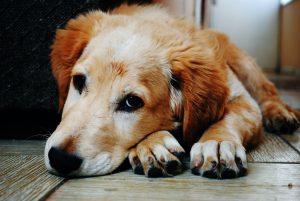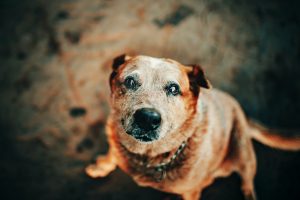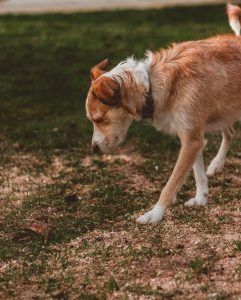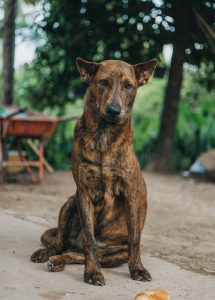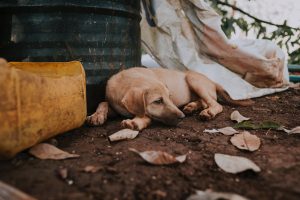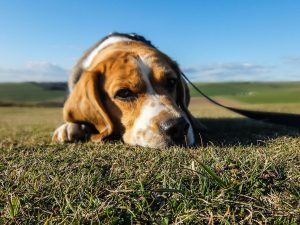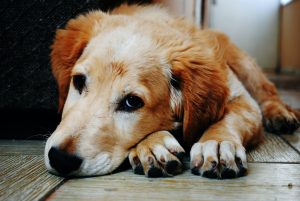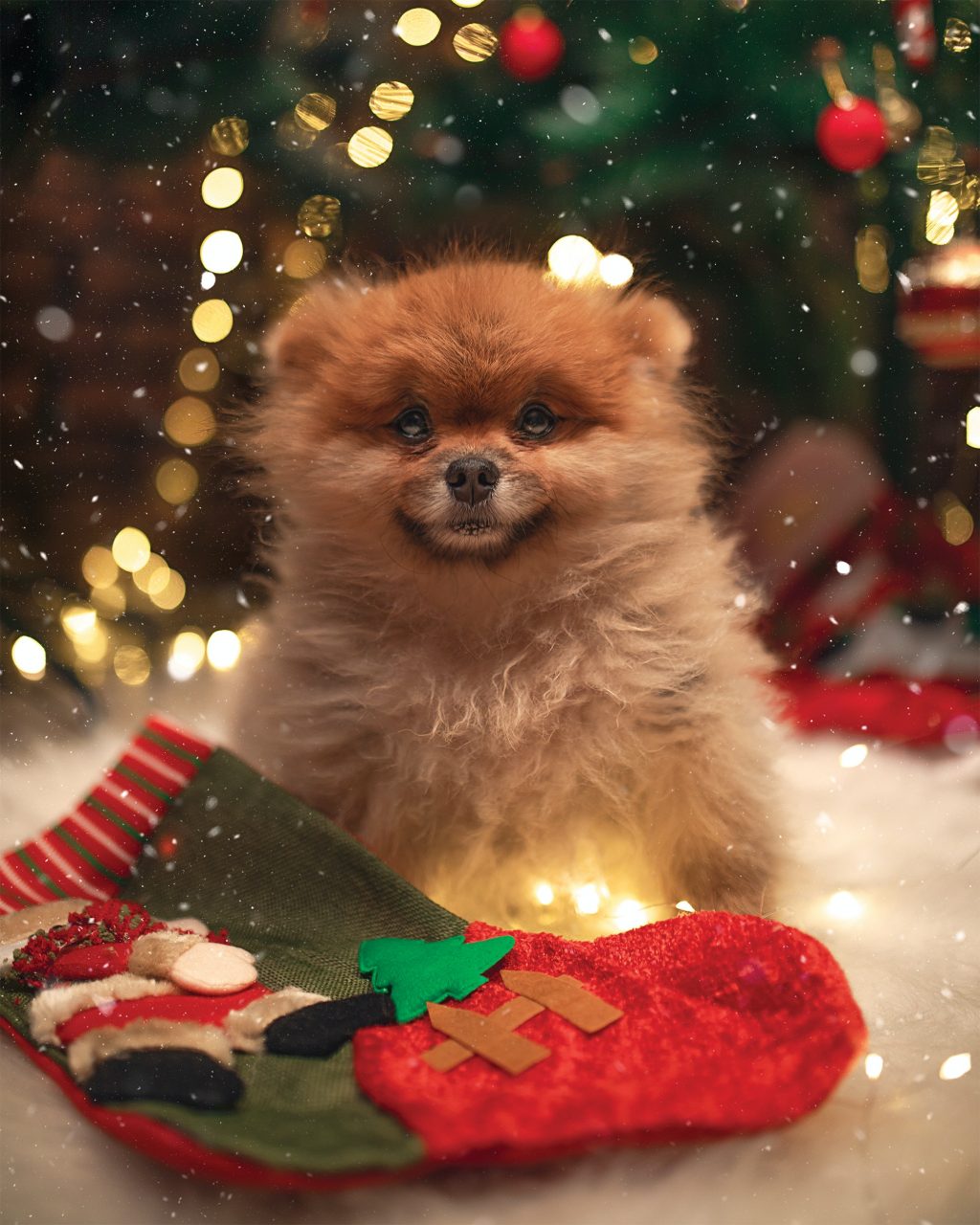
Posts by:
Dr. Mike Paul, DVM
Dog Checkups & Preventive Care
Well, here we are again. While it seems we were just preparing for summer vacation, it’s the holiday season already. The holidays bring much with them, including celebrations, decorations and unfortunately, potential hazards for our pets. Make sure this holiday season is all of the fun it should be, and none of the pain it could be for you and your dog by checking out these holiday safety tips.
1. Keep decorations out of reach
Let’s start with a tip that for many of us is already relevant. Decorating for the holidays might mean trees, lots of candles or ornamental, seasonal plants. However you celebrate, if you use decorations, it means lots of new sights, smells and unfortunately tastes that dogs and cats can be drawn to out of curiosity. This might mean damage to the decorations or harm to your dogs.
2. Block decorations that can’t be placed out of reach
Dogs, and in particular puppies, tend to investigate with their mouth as well as their eyes and nose. Many decorations have interesting and chewy textures and tastes. While dogs might not particularly like evergreen trees or peppermint candles, they will only naturally be curious. Chewing on an electrical cord, a glass ornament, a tree or a plant can result in an otherwise avoidable trip to the veterinarian.
Make sure to pet proof decorations by unplugging them when not at home (always a good idea!). And make sure that dangerous items are blocked off where the temptation to chew might be too great. This is particularly important when dealing with seasonal plants and electrical cords.
3. Beware holiday sweets
One of my personal favorite parts of the season is snacks and treats that I really don’t need, but do so enjoy. Dogs, in particular, are pretty undiscerning about what they eat, and holiday cookies and candies hold a lot of appeal.
Chocolates are potentially toxic to dogs, particularly in the case of very dark, rich cocoas like we often use at the holidays. While all things in moderation may be fine for us, dogs seem not to understand the meaning of moderation. It is best to totally avoid holiday treats and candies, and never use them as a reward. Always keep these delights out of your dog’s reach.
4. Consider gift wrapping to be a hazard for dogs
Gift wraps and ribbons are sometimes the best part of holidays for pets. Chewing and tearing paper, running into and out of boxes and bags, unfurling ribbons… You get the idea! It’s important to remember that if swallowed these items can cause stomach upset or even blockage. This a particular concern with wrapping strings and curling ribbons. These should be avoided if your dogs show celebratory inclinations.
5. When prepping food, know what’s safe
Now we come to the feast and its preparation. Regardless of your intended meal, your dog will be attracted to the magical smells and tastes.
Butcher’s strings, paper, plastic ties and bags can all be fair game to a dog, even when uncooked. Secure these items in a closed container. There is no more certain of a way to ruin a holiday than to have to clean up after a sick dog.
[Consider these Thanksgiving dangers as a threat throughout the holiday season.]
Now I am not saying you can’t share anything with your dog. A small amount of cooked, lean meat cut into small pieces is perfectly safe— provided your pet does not have a pre-existing condition that would indicate otherwise. Even then, you can offer some steamed carrots or mashed potatoes (only a small amount) so everyone can celebrate together.
The key with all of these suggestions is to protect your pet from himself. Think of your dog as a toddler that is curious, excited and could get into trouble with the most benign goodies.
Oh and one last request…
Have a fantastic holiday season regardless which holiday you are celebrating. We all deserve it.
If you have any questions or concerns, you should always visit or call your veterinarian — they are your best resource to ensure the health and well-being of your pets.

